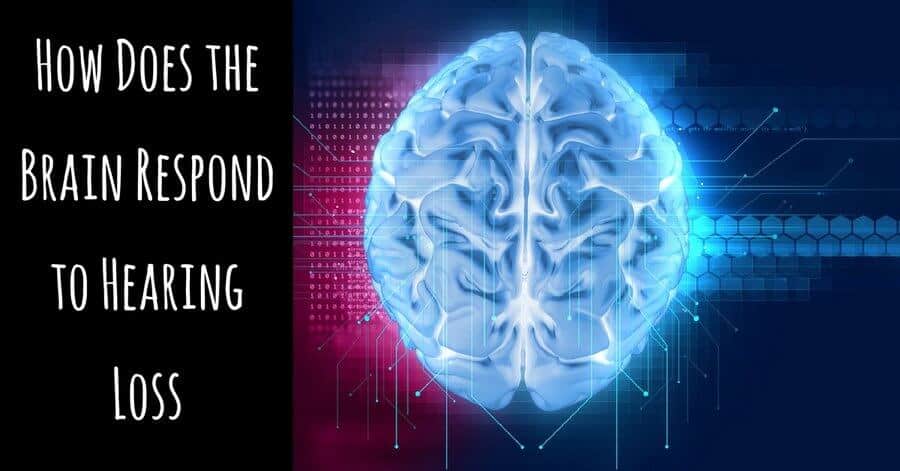
Living with hearing loss can have some serious consequences. You have difficulty interacting with your family and friends, and have to ask people to repeat themselves a lot. Maybe you’ve stopped hearing the doorbell, or the stove timer, causing inconvenience or even a safety hazard. Not only does hearing loss affect your relationships or your efficiency at work, new research has found that it even has a massive impact on the very structure of your brain.
The Brain and Hearing Loss
Fascinating research coming out of the University of Colorado looks at the brain’s response to hearing loss. They found that the auditory cortex isn’t as dedicated to hearing as once thought. In fact, the brain’s remarkable ability to change based on environment or circumstances, called neuroplasticity, is at work in the brains of those with hearing loss. Regardless of your age when you develop hearing loss, the brain begins reorganizing. As more cells within the auditory cortex are no longer being utilized by the auditory system and are just sitting around waiting for signals from the ear that never arrive, the brain actually reassigns these cells to new tasks, forging new connections between cells in an attempt to function as efficiently as possible.
Anu Sharma from the Department of Speech Language and Hearing Science at the University of Colorado studies how the brain adapts to hearing loss. Using electroencephalographic (EEG) recordings, Sharma looked at the brains of both adults and children suffering from hearing loss or deafness. Comparing these images with those of normally hearing people, Sharma could take a close look at how the brain reorganizes in response to hearing loss. What they found was remarkable. New connections were created between areas of the brain that process vision or touch and the unused cells in the auditory cortex. These senses were able to take over the cells normally used to hear.
The Brain and Dementia
While the brain’s ability to adapt and change is remarkable, the sad fact is that this reorganizing of cells in the auditory cortex often leads to more rapid cognitive decline. With age related hearing loss, the auditory cortex shrinks. Areas in the brain that are usually responsible for decision making or more cognitive tasks are activated just to hear sounds, leaving you with less brain power to think clearly or make decisions. These changes that start even at the early stages of hearing loss place a strain on the brain, and help explain how hearing loss and dementia are related, since the reorganization taxes other areas of the brain, overloading and creating strain and fatigue.
Early Treatment is Key
Even in the earliest stages of hearing loss, neuroplasticity is at work, creating new connections, and leaving fewer and fewer cells dedicated to hearing. It’s really a case of use it or lose it, but with dire consequences. Once these new connections are made, and the brain has reorganized cells to be used for something other than hearing, these cells never go back to processing sounds, even if you get a hearing aid. This means that the longer you wait to seek treatment, and the longer you live with untreated hearing loss, the less effective that treatment will be when you finally start looking after your hearing. Hearing loss is no joke, and age-related hearing loss must be taken seriously as soon as it begins. “One in three adults over the age of 60 has age-related hearing loss,” says Sharma. “Given that even small degrees of hearing loss can cause secondary changes in the brain, hearing screenings for adults and intervention in the form of hearing aids should be considered much earlier to protect against reorganization of the brain.”
If you value your hearing and want to be able to hear the sound of your grandchildren laughing for years to come, seek treatment for your hearing loss as early as possible. Waiting longer means that more cells aren’t getting used for hearing, and will get snapped up to do something else, leaving your brain overworked and tired as you struggle to hear. Come visit us at My Hearing Centers and get fitted for a hearing device, so all the cells you need to hear are dedicated to picking up each and every sound in your environment.
